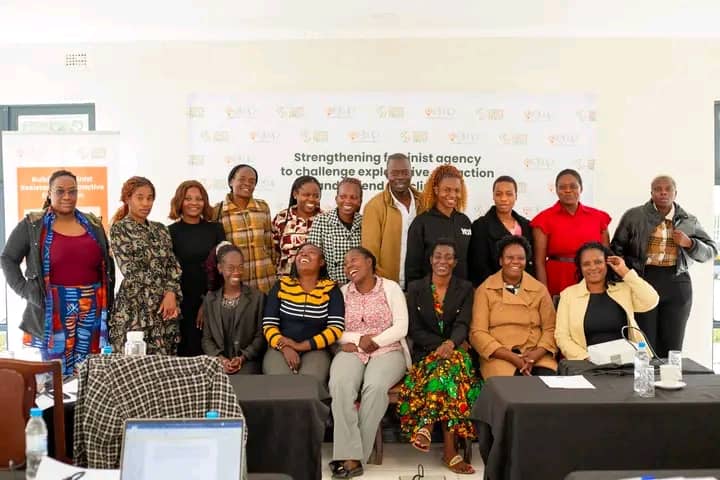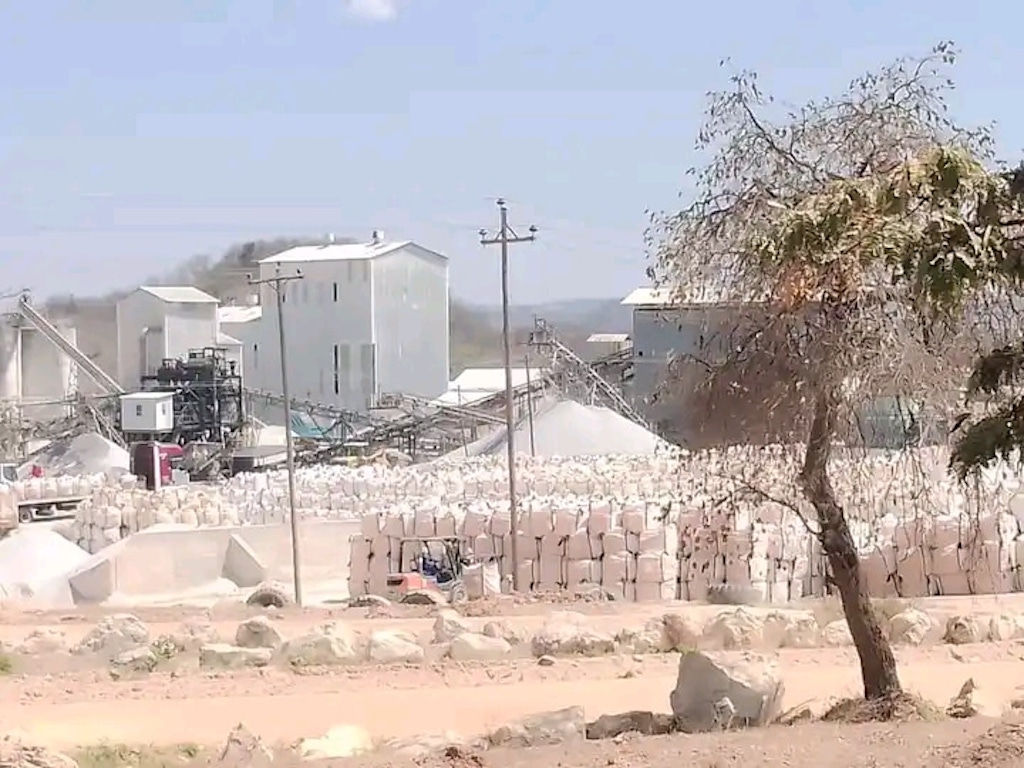Through the project, EJWP, in partnership with SAT, is injecting new impetus in the programme to improve women’s role in mapping extraction policy for a gender-responsive transition to cleaner forms of energy
Tendai Charamba
The Economic Justice for Women Project (EJWP) Zimbabwe has launched a project which is intended to strengthen feminist agency against exploitative extraction in the country’s lithium mining sector while raising awareness on climate change.
The gender justice and women’s rights group is implementing the project with support from the Southern Africa Trust (SAT), an organization which works to strengthen the voice and agency of poor people in policy processes to reduce poverty and inequality in Southern Africa.
Running under the sub-theme ‘Building feminist agency to challenge exploitative extraction and defend the climate’, the project seeks to help amplify women’s voices in decision-making on clean energy issues in relation to lithium mining, which is an essential resource in the manufacture of solar energy technology.
The inception meeting was held in Harare where young women and residents organisations from major lithium-mining communities namely Bikita, Mberengwa, Buhera and Goromonzi converged to share experiences and ideas.
Speaking at the event, EJWP project manager Tanyaradzwa Jura emphasized the need to build collective feminist resistance against extractivism to ensure that the transition to cleaner forms of energy would create positive outcomes especially for women in lithium-rich areas.
“There is need to develop a strong feminist alliance to tackle women-related problems in mining areas and it is best when done at local level. We should build upon the partnerships and platforms that we have already created to give women a voice in spaces that have always marginalized them,” she said.
Read more: Mberengwa women seek capital to develop own mines
Energy transition: vast opportunities for Africa despite challenges
Pregnant woman dies after Bikita Minerals rejects request for ambulance
Lithium and the plight of women, children in Bikita
Women and the struggle for equity in mining
Participants highlighted several challenges that women and girls faced in their efforts to earn decent livelihoods in host communities including sexual abuse by foreign employers leading to high rates of STIs.
“Women and girls from poor households often end up being sexually exploited in exchange for little money or casual job opportunities. The problem worsens when you consider the risk of contracting STIs and unplanned pregnancies,” said one representative from Mberengwa.
Representatives from other districts pointed out to the pollution of water bodies and the challenge that this poses to women in their daily care giving roles at home.








